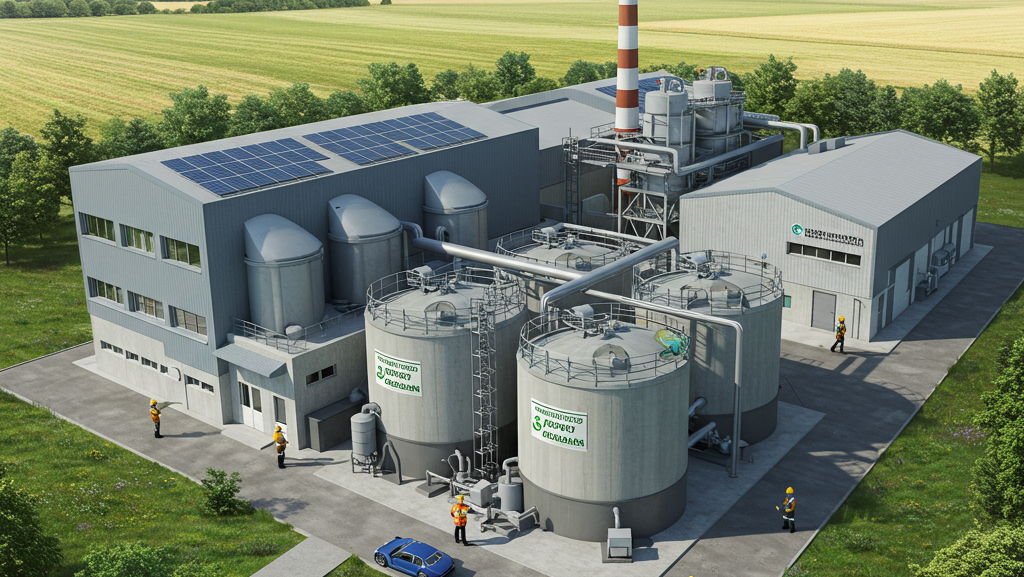Understanding Soil pH
Soil pH is a critical factor influencing crop growth and health. It measures the acidity or alkalinity of the soil, which can affect nutrient availability, microbial activity, and overall soil ecology. For optimal crop growth, it is crucial to maintain the soil pH within a specific range suitable for the plants being cultivated.
How Soil pH Affects Nutrient Availability
The pH level of the soil can drastically influence the uptake of essential nutrients by plants. For instance, many nutrients become available at a pH of around 6 to 7. When the pH drops below 5.5, nutrient deficiencies may occur, particularly in calcium, magnesium, and phosphorus. Conversely, high pH levels (above 7.5) can lead to iron and zinc deficiencies, impacting overall crop development. Regular soil testing can help identify pH levels and guide any necessary adjustments.
Strategies for Managing Soil pH
There are several effective strategies for adjusting and managing soil pH. The application of lime is a common practice to raise soil pH and reduce acidity. Conversely, sulfur can be used to lower pH levels in alkaline soils. Additionally, organic matter such as compost can maintain moisture and improve soil structure, ultimately benefiting soil pH levels. Understanding the specific needs of your crop and testing soil regularly can provide valuable insights for effective management.





